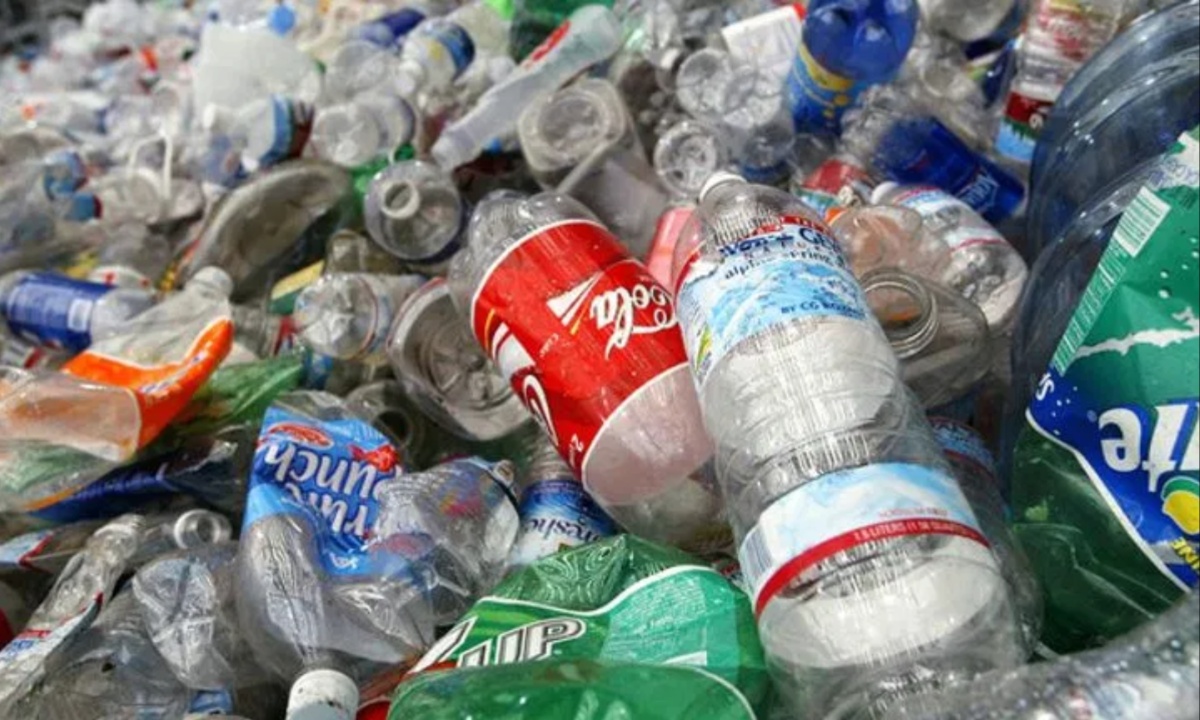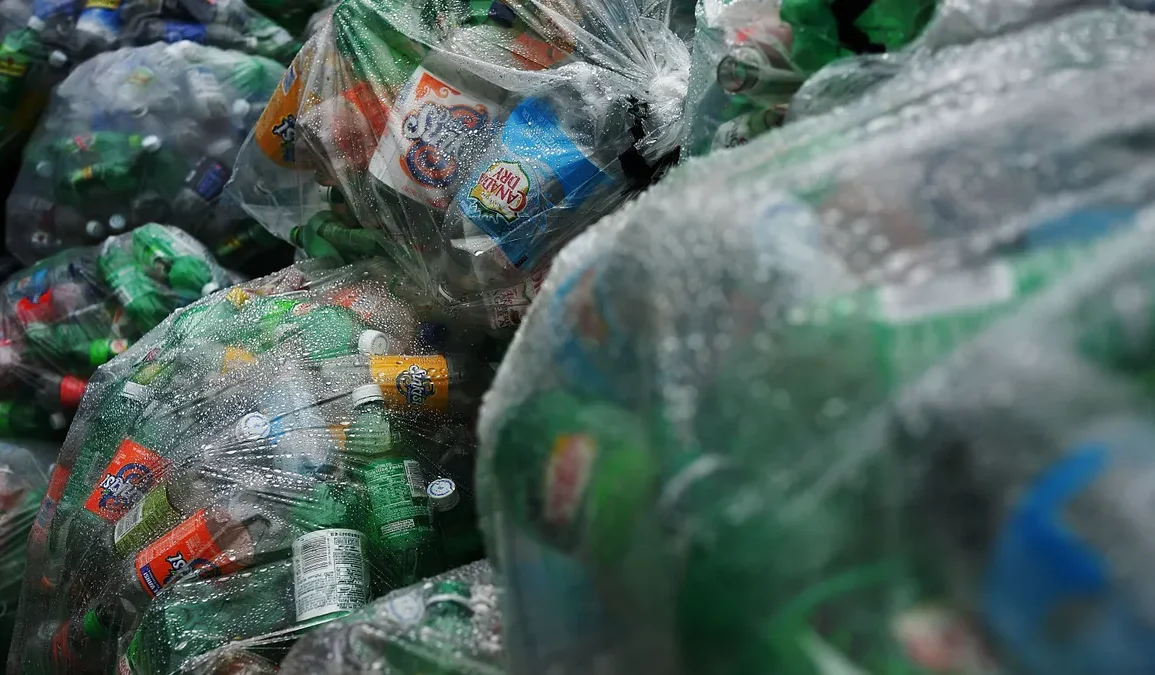State Senator Sean McCann’s proposed expansion to Michigan’s Bottle Bill has sparked a mix of reactions, highlighting its potential environmental benefits and economic concerns. The Bottle Bill, enacted in 1976, incentivizes recycling by requiring a 10-cent deposit on select soda cans and bottles, which can be redeemed after use.
McCann’s proposal seeks to add plastic water bottles to the list of returnable containers, aiming to reduce litter and promote recycling. He believes that the expansion would strengthen the program’s environmental impact by redirecting plastic water bottles from landfills to the recycling stream.
While Michigan stands out as one of the few states with a Bottle Bill that excludes plastic water bottles, McCann’s proposal is not without precedent. Other states like California, New York, and Oregon accept such containers under their bottle deposit laws.
The last expansion to Michigan’s law occurred in 2019 when kombucha was included. McCann argues that the proposed changes would modernize and enhance the system, utilizing technological innovations and addressing inefficiencies such as limited redemption locations.

Opponents, such as grocery store owner Paul Petros, raise concerns about the financial burden the expansion could place on consumers and businesses. Petros fears the additional deposit cost could make bottled water unaffordable for many, especially during times of economic hardship.
For business owners, the proposal could necessitate costly investments in bottle-return machines, which he describes as expensive and unsanitary. He believes this could impose significant operational challenges, particularly for small retailers.
Petros also advocates for an alternative recycling approach that eliminates deposit requirements altogether. He suggests mandatory curbside recycling programs supported by government-provided bins as a more effective and less burdensome solution. Petros contends that this would keep the recycling process out of business, reducing costs and inefficiencies for retailers while maintaining an emphasis on environmental stewardship.
McCann, however, defends the proposal by emphasizing built-in mechanisms to support small businesses and fund additional machines. He also aims to address a major inefficiency in the current system by introducing universal redemption, allowing containers to be returned at any participating store, regardless of where they were purchased.
While McCann views this as a way to streamline the program and boost returns, critics like Petros see it as another potential inconvenience for retailers, arguing that it could result in financial losses and increased operational stress.

